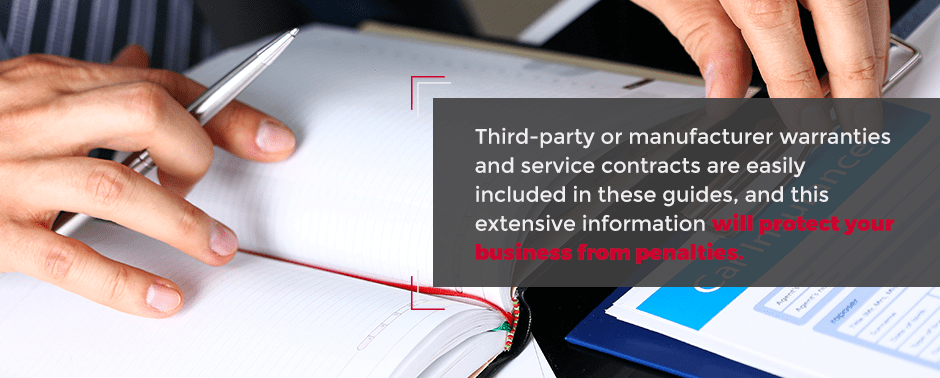Starting a car dealership business can be a challenging but worthwhile endeavor. If you are considering opening an auto dealership, it’s crucial to examine the nature of the automobile industry and whether it aligns with your career interests and expectations. Below, we’ll highlight what selling vehicles will require of you, the steps to begin the process, how to develop your dealership further and any legal factors you may need to take into consideration when starting your own dealership.
Read on to our tips below, or jump right to a section you’re interested in:
- What You Need to Know About Auto Dealerships
- What Skills Do You Need to Start a Car Dealership?
- Costs Involved With Starting a Car Dealership
- Steps to Start an Auto Dealership
- Growing Your Business
- Legal Considerations
- Protecting Your Auto Inventory
What You Need to Know About Auto Dealerships Before Starting One
Buying and selling automobiles can be a lucrative business. Sometimes, a dealer will sell a specific category of cars depending on their business model, such as only selling used cars or only carrying cars from a particular manufacturer. Dealerships can extend wholesale purchases to customers for profit, often involving professional salesmanship. Many dealerships also offer additional services beyond car sales, such as warranties, insurance, financing, and after-market accessories to further enhance deals and generate revenue.
New-car operations partner with established auto manufacturers to introduce consumers to the latest models of popular brands. Franchised dealerships are a subcategory of new dealers that work in conjunction with a larger organization. These entities typically stock a single brand and limited types of vehicles. Some dealerships that mainly sell new cars also offer used vehicle inventories in order to enhance their selection for customers.
Used car dealerships, on the other hand, accrue pre-owned or previously leased vehicles from a variety of sources, including auctions, trade-in deals and individual buyers. Many used car dealers are independently owned, but chains of used car dealerships do exist. Even used car dealers offer warranties on their products to establish confidence in their formerly owned vehicles. In addition, some dealerships provide their used vehicles with pre-owned certifications to provide extra peace of mind. Innovations in automotive manufacturing and advanced technology have led to cars lasting longer than before, helping to make selling used cars a viable market.
A variation of used and new vehicle retailing is online car dealerships. This business model does not require a physical location for customers to visit in order for the retailer to thrive in the automotive retail industry.
Like most businesses, location is a significant factor in whether your auto dealership succeeds. Choose a region or a state with a high likelihood for your business’ success and annual profit, taking into consideration the area’s demographics and the level of competition nearby. The area’s established annual sales amount is an important factor in future growth.
A state or city’s potential is also based on the local response to services — word of mouth and recommendations are vital to developing the desired market and targeting customers. Attention to community members pinpoints the best market for your dealership. Differences in financial stability and credit within a community affect how customers purchase vehicles. Good credit scores may be the most common characteristic of ideal buyers, but individuals with poor credit can often enter into payment programs to redeem their unstable financial state.








